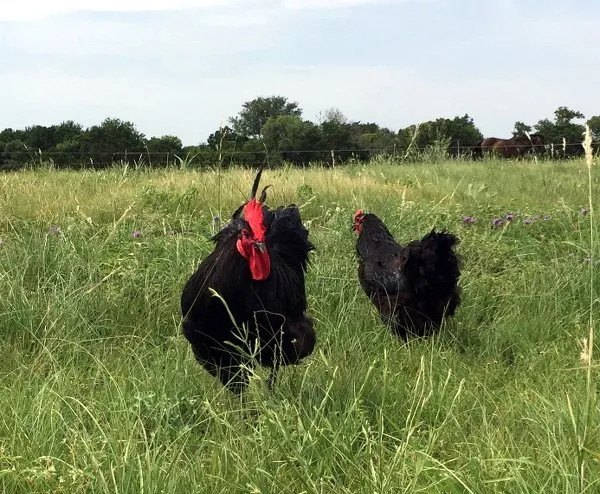 Credo Farms Pasture-raised eggs are eggs laid by hens that are allowed to roam freely outdoors on pasture and eat a natural diet consisting of grass, insects, and seeds. These types of eggs are known to be more nutritious and healthier compared to eggs laid by hens raised in confinement. Here are some of the benefits of pasture-raised eggs:
Credo Farms Pasture-raised eggs are eggs laid by hens that are allowed to roam freely outdoors on pasture and eat a natural diet consisting of grass, insects, and seeds. These types of eggs are known to be more nutritious and healthier compared to eggs laid by hens raised in confinement. Here are some of the benefits of pasture-raised eggs:
- Higher Nutrient Content: Pasture-raised eggs contain higher levels of vitamins and minerals, including vitamins A, E, and D, as well as omega-3 fatty acids, which are essential for heart health, brain function, and reducing inflammation.
- Lower Cholesterol: Although all eggs contain cholesterol, studies have shown that pasture-raised eggs contain lower levels of cholesterol compared to conventionally raised eggs. In fact, one study found that pasture-raised eggs had 37% less cholesterol and 50% more vitamin E than conventional eggs.
- Better for the Environment: Raising hens on pasture is better for the environment as it promotes sustainable and regenerative agriculture. It reduces the use of pesticides and synthetic fertilizers, increases soil fertility, and promotes the growth of grasses and other plants, which in turn provides habitats for wildlife.
- Improved Animal Welfare: Pasture-raised hens are allowed to move freely outdoors, scratch the ground, and forage for food. They are not confined to small cages or overcrowded conditions, which can lead to stress and disease. This type of farming provides a more humane environment for the animals.
Pasture-raised eggs offer a variety of benefits, including higher nutrient content, lower cholesterol, environmental sustainability, and improved animal welfare. These eggs may cost a bit more than conventional eggs, but the added health and environmental benefits make them well worth the investment.
Also, supporting local regenerative farms located in Amite, Louisiana allow the local community to prosper and grow with the area.
